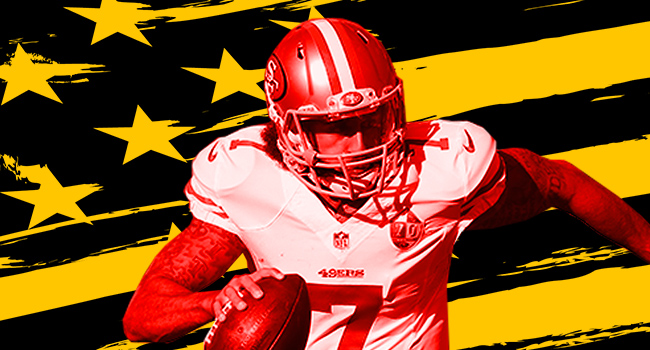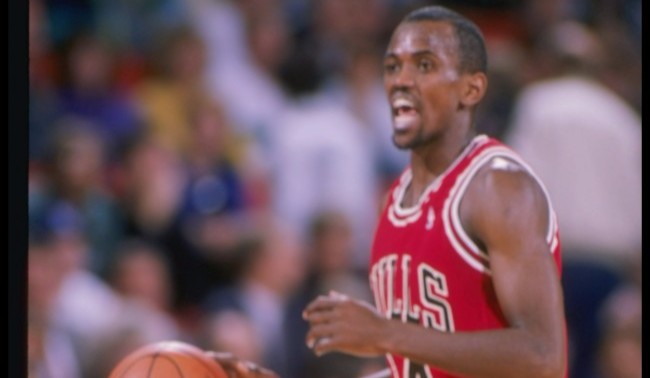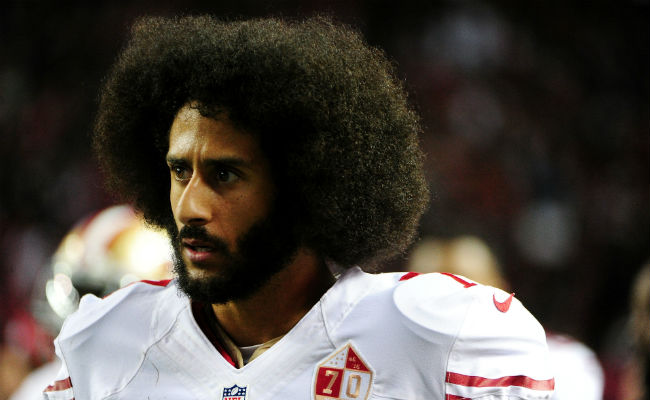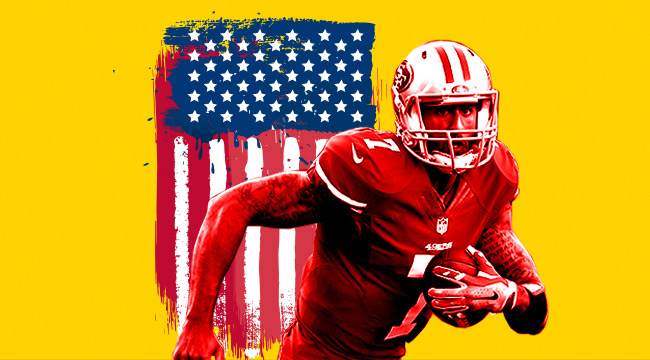
Luke McCown, David Olsen, Dan Orlovsky, Josh Woodrum. These four are all NFL quarterbacks, and they’re players that NFL ownership and general managers thought to be more enticing signings than Colin Kaepernick. Unless you’ve been in a coma for the last year, it’s well-known why Colin Kaepernick remains unsigned by any NFL team. When one elects their first amendment right to not stand for the National Anthem, it’s going to garner backlash, especially when that person is a multimillion-dollar athlete.
But in the league’s shunning of Kaepernick, the NFL as a whole has proven themselves to be wholly American in nature, for better or worse.
From Muhammad Ali losing five years of his prime for refusing induction into the US Army in 1966 to the backlash that Dr John Carlos and Tommie Smith faced for raised fists during the playing of the Star Spangled Banner in the 1968 Summer Olympics in Mexico City, an athlete runs the risk of being shunned if they speak out. Banishing athletes from the sport they love in order to make a cautionary tale for other athletes is a practice that is American as tailgating.
A Google search of the terms “blackballed athletes” reveals Colin Kaepernick’s name mentioned often, but he was far from the first athlete left on the outside looking in on his profession due to his political beliefs. There’s the case of Craig Hodges, a two-time NBA champion, who tried to make an impact politically.
The three-time winner of the the NBA three-point shooting contest not only tried to convince Michael Jordan and Magic Johnson to boycott a 1991 NBA Finals game in response to the Rodney King beating, but also wrote a letter to then-President George H.W. Bush about the endangerment of the young African American Male.

“We have a sector of our population that is being described as an endangered species, that is the young black man, and the inner cities are in a state of emergency because of the violence we inflict on one another,” Hodges wrote to Bush. “In studying this condition, we must look at low self-esteem, which is often due to lack of jobs and not understanding who we are. This letter is not begging the government for anything, but 300 years of free labor has left the African-American community destroyed. It is time for a comprehensive plan for change. Hopefully this letter will help become a boost in the unification of inner-city youth and these issues will be brought to the forefront of the domestic agenda”
Shortly after writing that letter, Hodges was waived by the Chicago Bulls after the team won its second straight NBA Championship. Bulls officials anonymously told the New York Times that Hodges was on his last legs as a player, and that defensively he couldn’t guard a lamp post. Hodges sued the NBA in 1996 for $40 million dollars, accusing the league of blackballing him because of his association with Louis Farrakhan. Hodges lost the lawsuit, but eventually found himself back in the NBA, coaching with the Los Angeles Lakers from 2005 until 2011.
“The cruel part about it, man, is he’s speaking on behalf of people who can’t speak for themselves,” Hodges said to The Guardian about Kaepernick. “Now he’s spoken, it seems his platform has been removed. It’s like [the NFL] are saying: ‘We’re going to take him away because we don’t want his views to catch fire. We don’t want him in a locker room spreading this [truth].”
What makes the Kaepernick issue so mystifying is that he hasn’t given a public statement on his playing status. Instead, the public has been inundated with interpretations of his intent and beliefs, because Kaepernick chooses not to speak, instead focusing on his charitable works and continuing to stay ready physically in case a team chooses to sign him.

One team that recently has publicly discussed signing him was the Baltimore Ravens. Because of starting quarterback Joe Flacco’s back injury that may cause him to miss some time this season, and the fact that Ryan Mallett hasn’t looked impressive in camp, Kaepernick is now an option to don the Ravens uniform. The reaction to the mere possibility of Kaepernick being back in the NFL was intriguing to say the least.
Bisciotti said he didn't like Kaepernicks anthem protest. Bisciotti said he's not sure Kap will help team win games.
— Jeff Zrebiec (@jeffzrebiec) July 30, 2017
Start with Ravens Owner Steve Biscotti. He held a press conference Sunday, and managed to hedge on whether the team would sign Kaepernick or not. The highlight of the press conference was Biscotti saying that he neither liked the way Kaepernick protested nor does he think that Kaepernick would help the Ravens win any games.
“We’re sensitive to it [the entire Kaepernick scenario],” said the Ravens owner. “We’re monitoring it, and we’re trying to figure out what’s the right tact. So pray for us.”
Ravens HC John Harbaugh & GM Ozzie Newsome support signing Colin Kaepernick, but have met resistance from owner Steve Bisciotti per sources
— Dianna Russini (@DMRussini) August 2, 2017
Statement on today’s report regarding Colin Kaepernick: pic.twitter.com/ubfpwVA35O
— Baltimore Ravens (@Ravens) August 2, 2017
This runs counter to the information that came out on Wednesday, where ESPN’s Diana Russini reports that while GM Ozzie Newsome and Head Coach John Harbaugh want Kaepernick in the fold, it’s Biscotti that is preventing that from happening.
A few hours later, Newsome put out a statement, roundly denying the report, but at this point, it’s very hard to tell the truth from fiction.

Nevertheless, Biscotti might worry that adding Kaepernick to the Ravens would hurt the brand of the Baltimore Ravens — ironically, the same franchise which stood behind Ray Lewis on his obstruction of justice charge in 2000. The Ravens also stood behind Ray Rice, going as far as putting Janay Palmer Rice go through a press conference, in which the Ravens wrote the entire statement she delivered in said press conference .
But the unemployment of Kaepernick begs another question: what does the NFL gain if they keep Kaepernick from ever suiting up in the NFL again? The answer is simple — the NFL demonstrates a cautionary tale to other players should they choose to step out of line and do something the owners consider untoward for the brand.
Stay in line, or find yourself on the unemployment line with Kaepernick.
But at the end of the day, this is American sports in a nutshell: do something perceived to hurt the brand of the league and find yourself on the outside looking in. The public has seen it before with Hodges, and now it appears the same thing is happening with Colin Kaepernick. However ugly this looks from the outside, it’s a reminder that this is business, it’s not always personal, and it’s as American as Apple pie.






